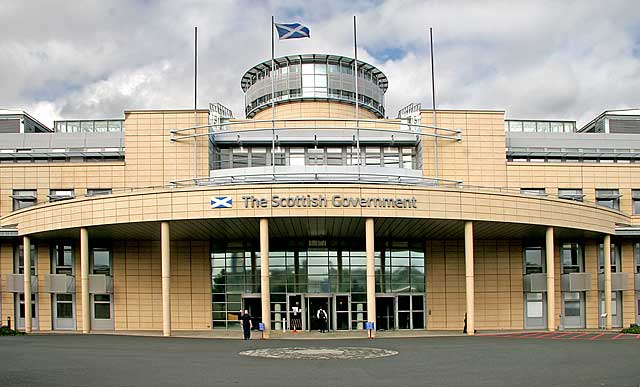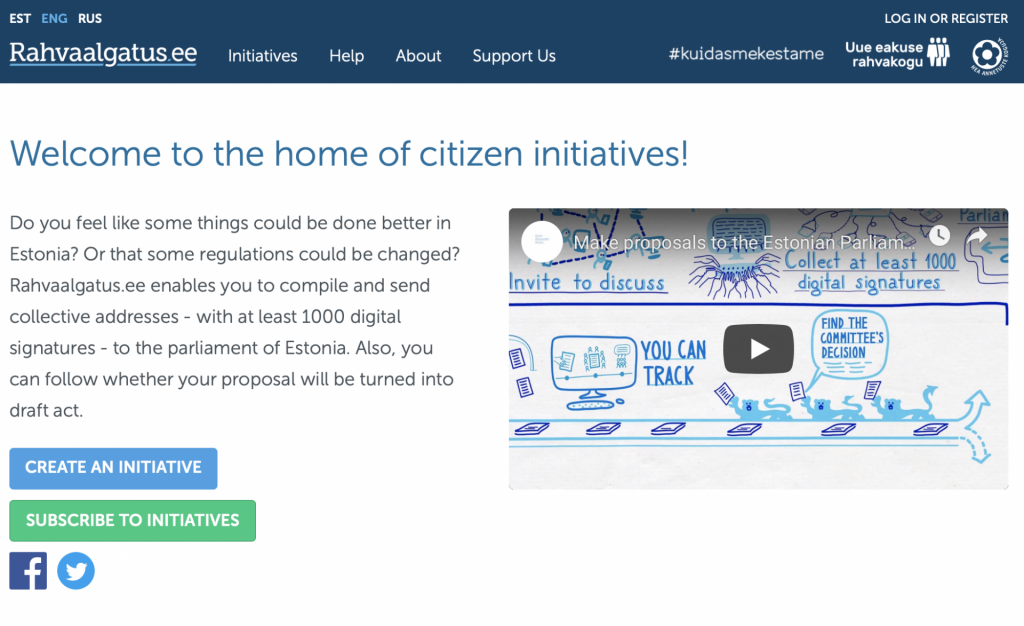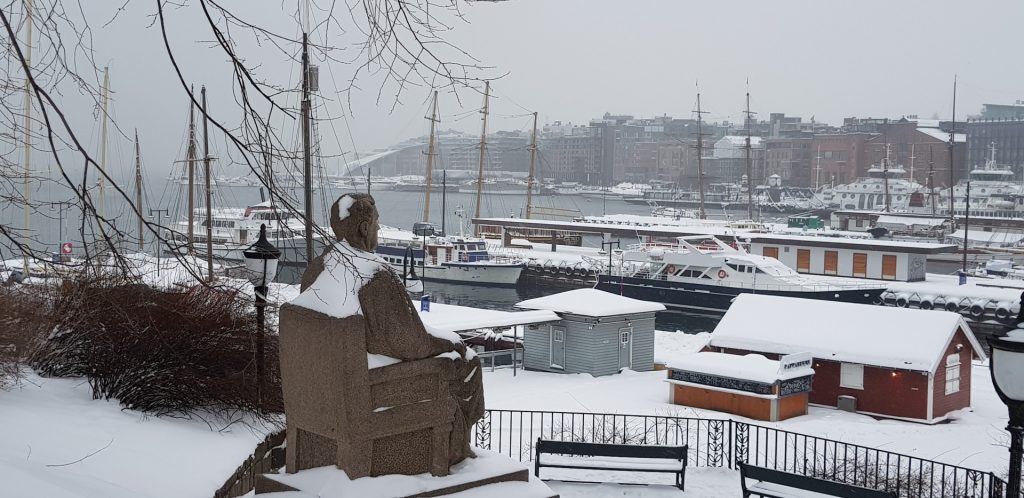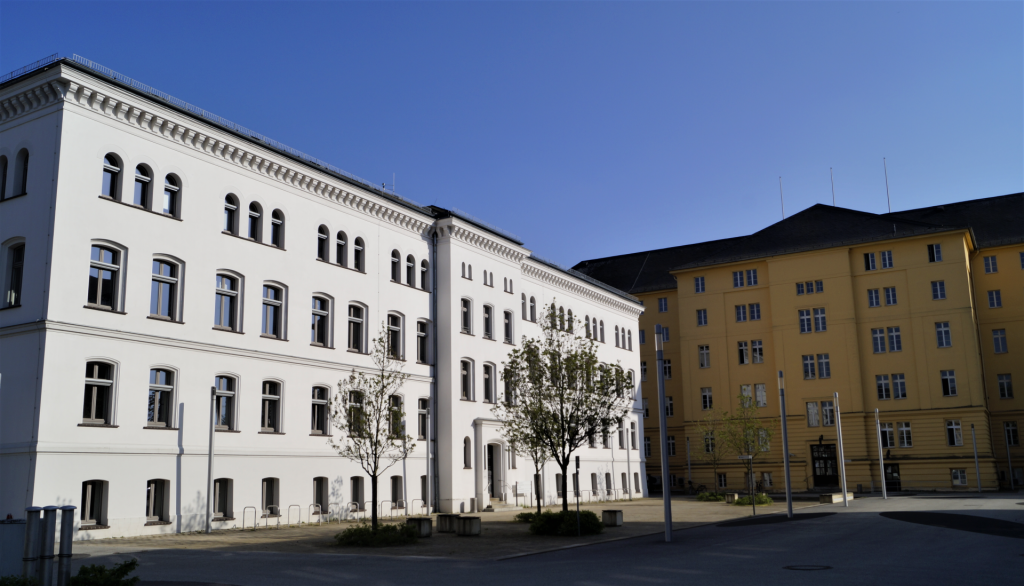The Digitisation and Modernisation of the Belgian Civil Registry: A transition from a decentralized paper system to a centralized digital database
Aims and scope © Colourbox The Belgian Civil Registry contains information about the legal identity of all citizens. The launch of its digitisation in March 2019 meant the transition from a decentralised paper system that was in use since Napoleonic times to a centralised database that could be accessed from anywhere. A centralised digital database…
Read MoreDigital democracy experimentation: the Case of the Stem van West tool in Amsterdam
The ‘Stem van West’ project (translated ‘the Voice of West’, hereafter referred to as SvW) is a digital tool that facilitates the policy-making process of the neighborhood council of Amsterdam-West. Citizens of the neighborhood can vote on plans, voice their concerns, and upload ideas and proposals themselves. If an idea on the platform’s interface surpasses…
Read MoreWe asked, you said, we did: an e-participation practice in the UK
We asked, you said, we did is a feature of the platform called Citizen Space. It provides a mechanism for how citizens/stakeholders responses (You said) to an e-consultation (We asked) have been considered in the policy-making process (We did). It is provided by the private company Delib to more than 110 diverse organisations around the world…
Read MoreParticipatory Parliamentarism: the Case of the Estonian Citizens’ Initiative Portal
The Estonian Citizens’ Initiative portal (ECIP) is an e-participatory instrument allowing individuals to submit collective addresses to the parliament via an online platform. This encompasses proposing new ideas for laws and policies or suggesting changes to existing laws and policies. The e-participation portal is formally institutionalized through a cluster of laws and regulations addressing the…
Read MoreDecide Madrid: A Case Study on E-Participation
Carlos Delgado, Palacio de Comunicaciones – 47, CC BY-SA 3.0 Decide Madrid (DM) is the first e-participation platform that allows citizens, associations, NGOs and companies to be involved in the policy cycle in Madrid municipality. DM was launched in 2015 and allows citizens to make proposals, vote in citizen consultations, propose participatory budget projects, decide…
Read MoreNational consultations: A mix of old and new technology in Hungary
The Hungarian National Consultation website is an online platform that allows Hungarian citizens to submit answers to sets of questions posed by the government. “National Consultations” have been organized with some regularity since the Fidesz party came into power in 2010. They started as paper-based questionnaires sent out by mail to all households in the…
Read Moreminsak.no: An online petition platform for all Norwegian municipalities and regions
“minsak.no”, founded in January 2013, is an online petition tool that can be used for the submission of petitions at the regional and municipal level within the framework of §39a of the Norwegian Municipal Act. Paragraph 39a guarantees the citizens of Norway that local and regional legislative bodies have to deal with the petitioners’ proposal…
Read MoremeinBerlin: An integrative eParticipation platform for all administrative levels in Berlin
„meinBerlin” is the central eParticipation platform of the state of Berlin. Citizen participation procedures of all administrative units shall be realised via this platform, which makes meinBerlin the central ‘point of contact’ for all participation processes in Berlin. Various types of eParticipation initiatives can be conducted on the platform, including e.g. development plan procedures, public…
Read MoreParlement & Citoyens: an online platform connecting citizens and lawmakers for policy design in France
Romain Vincens, L’hémicycle du Sénat français en septembre 2009, CC BY-SA 3.0 Parlement & Citoyens (P&C) is an online platform “enabling citizens and legislators to work together to find solutions to [France’s] problems”. This website is a private e-participation initiative. The French context is characterized by a high e-participation index and a high-level of citizens’…
Read MoreDigital Transformation in German Multi-Level Governance – The Case of Digitalisation Labs on “Immigration and Emigration”
At present, the digital administrative landscape in Germany has been dominated by isolated solutions and the German Online Access Act (OZG) seeks to support harmonisation and better collaboration by creating uniform standards across administrative levels. It obliges the federal administration, the Länder and the municipalities to offer their administrative services digitally by the end of…
Read More









